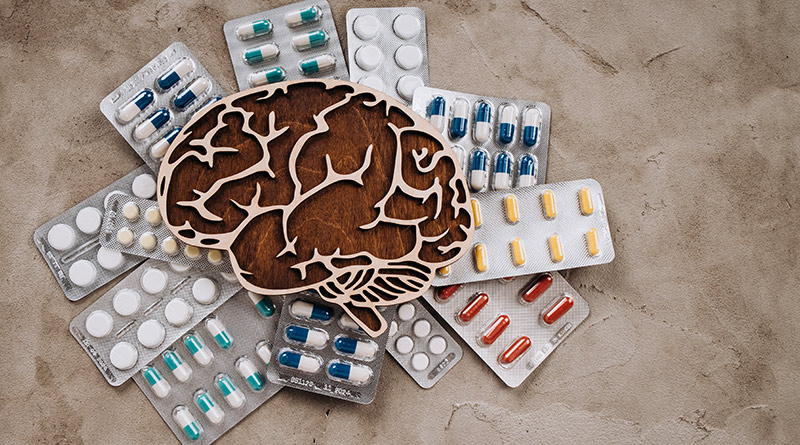BACP Warns That Older Dementia Patients Are Missing Out On Vital Talking Therapies
Ahead of World Alzheimer’s Day (21 September) the British Association for Counselling and Psychotherapy (BACP) warns that many older dementia patients are missing out on vital talking therapies, which could significantly improve their lives.
Alzheimer’s UK has estimated that 209,600 people will develop dementia this year, that’s one person every three minutes.
BACP is highlighting that in the early stages of dementia, depression and dementia are difficult to distinguish which often leads to depression being missed and not treated.
BACP also believes the situation is exacerbated by the stigma around dementia and depression for older people, which is preventing them from accessing services.
Data from the NHS Talking Therapies (Formerly Improving Access to Psychological Therapies, IAPT) programme in England consistently shows that, despite better than average recovery rates for those who receive therapy, uptake of the service is low among older people.
Jeremy Bacon, Third Sector Lead at BACP, said: “In the early stages of dementia, it’s often assumed that all the changes we see in patients are all related to dementia, when in fact they can be symptoms of depression – which are treatable, reversible, and not part of dementia’s neurological condition.
“Living with dementia commonly gives rise to feelings of depression, anxiety, and loss as people struggle to adjust to changes in their cognition, behaviour, and personality. The difficulty in diagnosis is enhanced by the negative stereotypes associated with age and dementia.
“Stigma and stereotyping of dementia can prevent people from acknowledging symptoms and obtaining the help they need, such as talking therapies. We need to normalise talking therapies, like counselling, to help people realise the profound and positive impact it can have on their lives.”
One recent study by University College London that examined data from the NHS Talking Therapies service for people with dementia – who also had clinically significant anxiety or depression- found that 63% of patients saw a reduction in symptoms of depression and anxiety, and around 40% recovered completely, after completing a course of talking therapies.
“Mental ill health is one of the greatest health challenges of this decade for all age groups, but particularly for the older generations,” added Jeremy.






